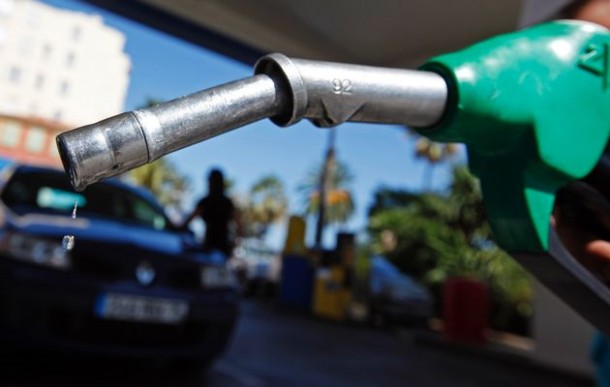For some years now, one of the most taunting and complex socio-economic policy issues in Nigeria remains the issue of Fuel subsidy removal.
The decision by the government to out rightly remove the subsidy on fuel ignited series of arguments and protests nation-wide. Despite the global reduction in the price of oil, removing the subsidy could lead to social unrest and protests, as people may perceive the government as insensitive to their needs.
There is also a risk that the removal of the subsidy could lead to a rise in fuel smuggling and other illegal activities.
The abysmal performance of the downstream oil sector has beleaguered the socioeconomic wellbeing of Nigerians.
As a result, government introduced several reforms that would encourage private sector participation and enhance production.
The government implemented fuel subsidies to keep the price of fuel affordable for citizens, as well as to stimulate economic growth.
Fossil fuel subsidies have been described as “government action to lowers the cost of fossil fuel energy production, raises the price received by energy producers, or lowers the price paid by energy consumers.” Including negative externalities such as health costs results in a much larger total.
Nigerians,pensioners and state workers will be the immediate beneficiaries of fuel subsidy removal.
Young Nigerians can seize the opportunity created by the subsidy removal to explore jobs and investments in the healthcare and educational sectors.
The government spends a significant portion of its budget on fuel subsidies, which could be better spent on education, healthcare, infrastructure development,amongst other key sectors.
Analysts say that once the subsidy is removed, the country will experience higher cost of petrol, increase in transport fares, higher cost of living and increased cost of goods and services.
“When the subsidy is removed, there will be an increase in the price of petrol.
The removal of subsidy has made and displeased the common Nigeria and has made Life more strenuous and frustrating.
The effects of Subsidy are streamlined to the adverse misappropriation of funds by the affected chapters.
Subsidy removal, without spending of the associated savings, would increase the national poverty level.
This is due to the consequent rise in inputs’ costs which is higher than the rise in selling prices of most firms and farms.
The key sectors which experience increased nominal output are the refined petroleum products, which provide income for an extremely low number of households.
The government’s fiscal policy stance following subsidy removal is important in determining the poverty effects.
The inflation resulting from subsidy removal can be considerably reduced with a conservative fiscal policy response.
A highly expansionary policy of spending all savings from subsidy removal tends to favour rural and disfavours urban households.
This is because urban households earn most of their incomes from inputs-intensive sectors while rural households do not.
An expansionary policy fuels inflation and worsens urban income while it improves rural income, as output prices rise, generally.
An increase in transfers to households reduces the poverty effects.
A non-inflationary expansionary policy which increases transfers to households would have the least poverty effect.


 Health & Fitness3 days ago
Health & Fitness3 days ago
 Featured1 week ago
Featured1 week ago
 Aviation5 days ago
Aviation5 days ago
 Business1 week ago
Business1 week ago
 Aviation4 days ago
Aviation4 days ago
 Aviation4 days ago
Aviation4 days ago
 Business1 week ago
Business1 week ago
 News7 days ago
News7 days ago
